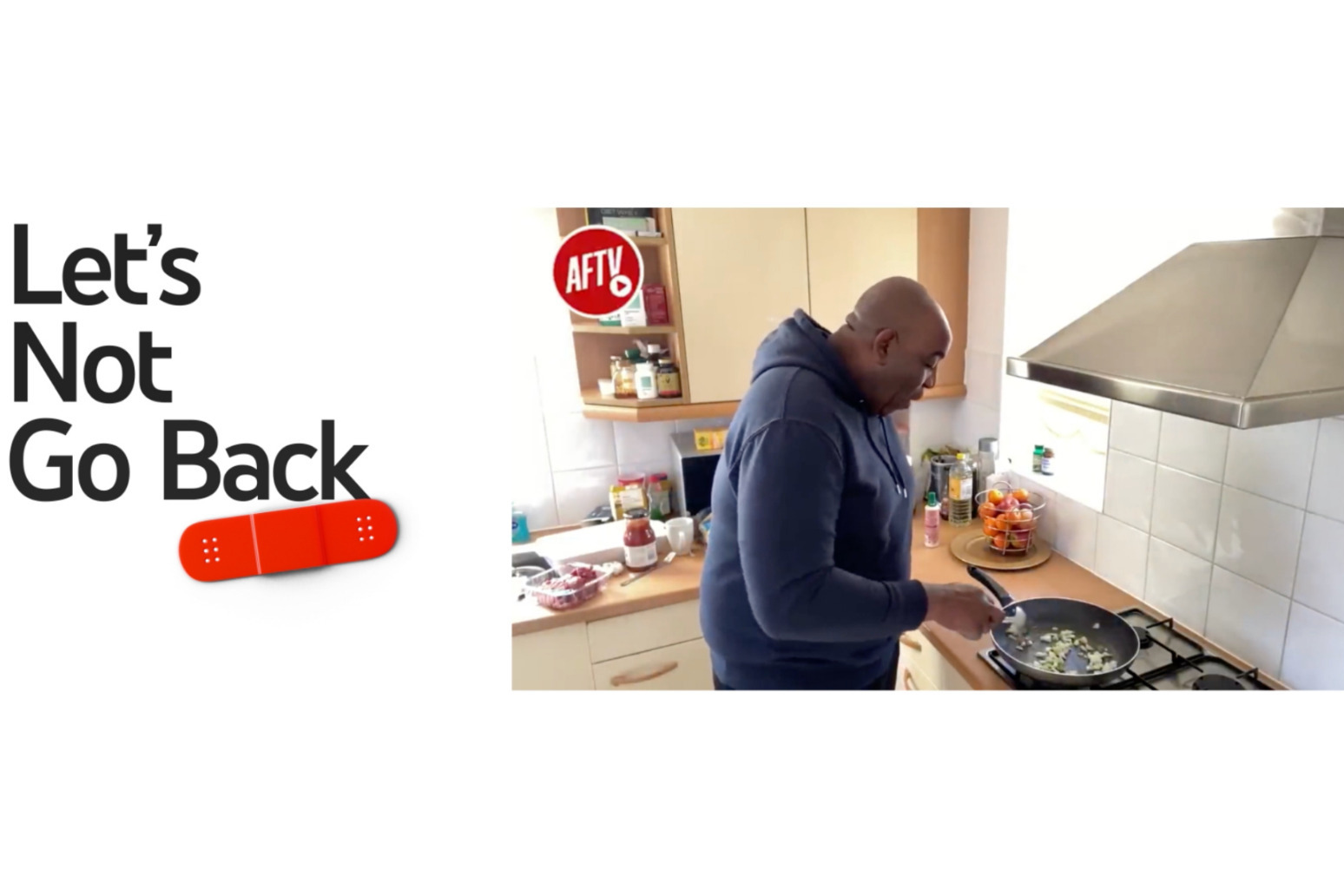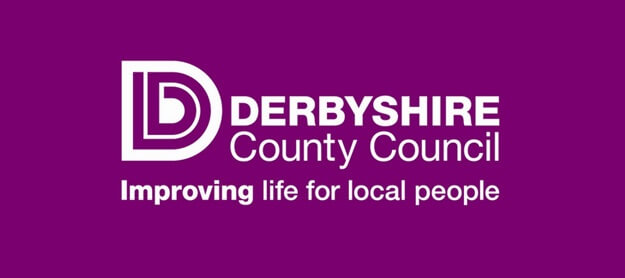Trade Standards Success After Woman Falls Into ‘Free Trial’ Trap
Written by Spire Radio on 24 July 2020
Trading standards officers at Derbyshire County Council are warning people about online adverts for free samples that can contain hidden fees or subscriptions.
Joyce Beeston from Sudbury was caught out by a subscription trap but after contacting the county council’s trading standards she successfully got all her money back.
Now she’s urging other people to be aware of the pitfalls of responding to such adverts and not to make the same potentially costly mistake.
Mrs Beeston responded to a Facebook advert for free sample of CBD oil, a food supplement, and similar products which stated there was only the postage to pay. She paid the postage for several free samples using two different credit cards. The products arrived but the company charged full price on all samples she sent off for, totalling around £500.
Councillor Carol Hart, Cabinet Member for Health and communities, said: “It can be hard to find terms and conditions of the offer on some social media adverts. They can be craftily hidden away so all the consumer sees is free sample with just postage to pay. In reality they are agreeing to buy the full product or sign up to a subscription if they don’t cancel or respond within a certain time frame.”
Mrs Beeston said that she had brought the products online as she was unable to get to her local high street store during lockdown.
After getting her credit card bills she rang her credit card providers. One credit card company refunded her with no quibbles while the other only did so after the county council’s trading standards intervened on her behalf.
Mrs Beeston said: “The credit card bills were such a shock. I’m very grateful for what trading standards did to help. The second credit card company refunded me after the trading standards officer rang them on my behalf and I’m pleased to say I’ve got all my money back now. I hope my speaking out will stop this happening to other people.”
Councillor Hart added: “These adverts are just a scam and the traders know they are tricking people in to signing up. I’m delighted that our trading standards officers could help Mrs Beeston and I’m glad she has spoken out to warn others of this underhand practice. I hope others will heed her warning and protect themselves and their hard-earned cash.”
Trading Standards are urging people to ask the following questions before sending off for anything:
- What am I agreeing to in order to claim this offer?
- Is the trial really ‘free’? Or could I have money taken from my bank account or card?
- Do I have to provide my payment details? If yes – stop and ask why.
- If there can be a charge, do I know how much it is and when the payment will be taken? Also, what exactly will I get in exchange for that charge?
- What must I do to stop the payment and by when?
- If I do get charged – what does the company say about giving me my money back?
- If I do get charged and do nothing, what happens next? Might the company take more payments in the future?
As well as subscription trap-style scams, trading standards officers continue to warn people about dozens of covid-related scams that have appeared over the past few months, with the majority of reports being related to online shopping scams where people have ordered protective face masks, hand sanitiser, and other products, which have never arrived.
The main ones to look out for are:
Text message scams
Scam text messages are being reported which make claims that the government has issued a payment of £458 to all residents as part of its promise to battle COVID-19.
The messages contain a link, which recipients are asked to click on in order to apply for the money. These messages are a scam.
People are being urged not to click on links in unsolicited text messages or emails, and if they receive this message or similar, delete it.
www.gov.uk is the authoritative source for information that issued by the government.
Phishing emails
Phishing emails attempt to trick people into opening malicious attachments which could lead to fraudsters stealing people’s personal information, email logins and passwords, and banking details.
These may appear to come from reputable sources such as the Centre for Disease Control and Prevention (CDC), the World Health Organisation (WHO), charities or HMRC.
People should not click on the links or attachments in suspicious emails, and never respond to unsolicited messages and calls that ask for their personal or financial details.
Shopping online
People making a purchase from a company or person they don’t know and trust should carry out some research first, and ask a friend or family member for advice before completing the purchase.
If a decision is made to go ahead with the purchase, they should use a credit card if they have one, as most major credit card providers insure online purchases.
Report scams to www.actionfraud.police.uk
- Mrs Beeston is appearing on Channel 5’s consumer programme “How To Stop Nuisance Calls” on Wednesday 29 July at 8pm to talk about her experience.







 Spire Radio
Spire Radio